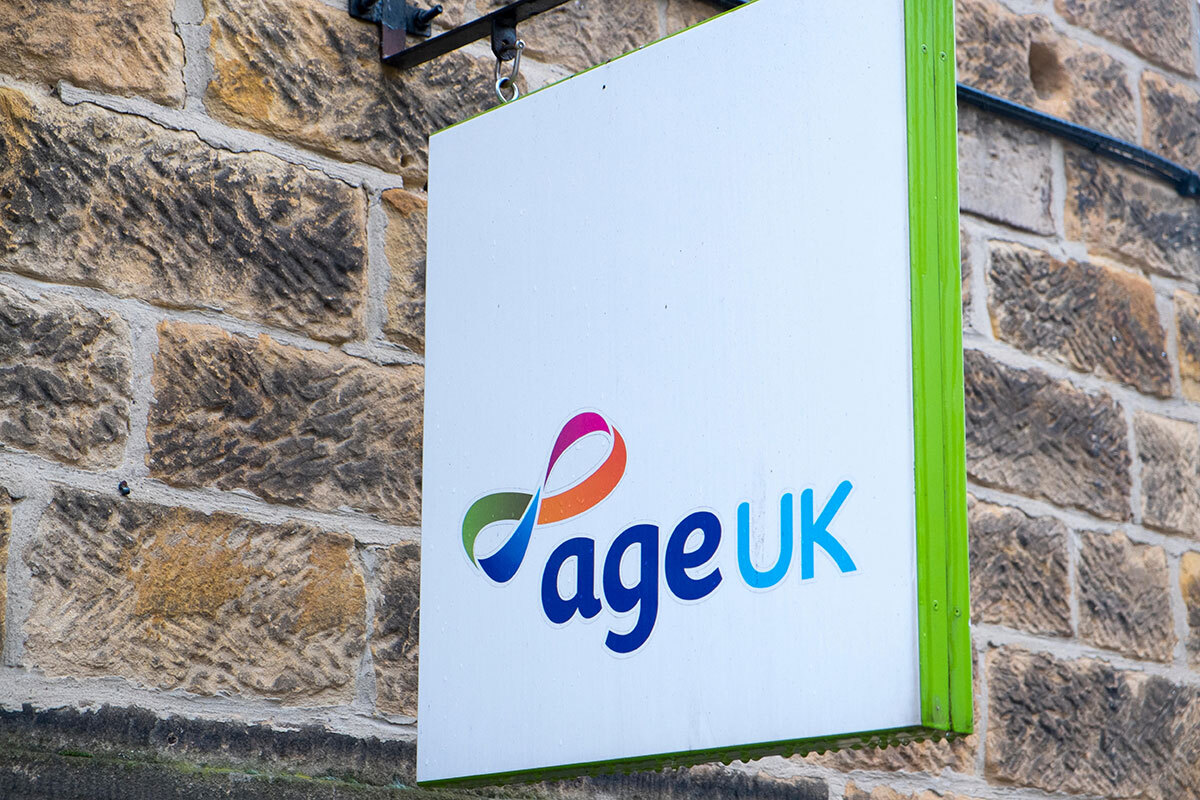You are viewing 1 of your 1 free articles
National charity calls for ‘radically’ improved home adaptation delivery as two-thirds of local authorities miss targets
Age UK has called on councils to “radically improve” the way they deliver home adaptations after more than two-thirds took longer than the recommended timeframe.

In a new report, the charity said that older and disabled people faced “shocking delays” in waiting for local authorities to install aids and adaptations in their homes via the Disabled Facilities Grant.
In 2021-22, more than two-thirds of councils took longer than the six months recommended by government-issued grant guidance to install most adaptations through the funding.
The longest delay was over 24 months, according to figures obtained by Freedom of Information (FOI) requests submitted by the Bureau of Investigative Journalism.
Caroline Abrahams, charity director at Age UK, said: “Better-off people tend to give up and buy their own kit instead, but if you are on a low income and don’t have many savings, this isn’t an option and you are condemned to wait for as long as it takes.”
“The Disabled Facilities Grant is one of the few sources of government funding directed at supporting older people to live in their own homes which has actually significantly increased in recent years,” Ms Abrahams added.
“At Age UK, we fully recognise that local authorities are underfunded and under enormous pressure, but that makes it all the more important that they make the best use of the money they do have.”
A spokesperson for the Local Government Association said councils need to be given "greater planning powers and resources to hold developers to account, ensuring that they build the right homes in the right places needed by different groups within the local community”.
“Government needs to work with councils and housing associations to provide a sustainable funding framework through which to offer the certainty and clarity to invest in the future development of housing for people with a range of needs,” they added.
“To help address requests for home adaptations the Disabled Facilities Grant needs to be fully funded to keep pace with demand.”
An extra £102m in funding was allocated to the grant in April 2023, creating a budget of £623m for 2023-24.
While several issues need to be addressed nationally, Age UK said some problems could be solved if local authorities “looked closely at the user journey in their own area”, made “proper use of the resources available, and focused on radically cutting delivery times and improving customer service”.
The charity urged the government to consult on the role of housing associations in administering the grant and whether a different funding structure could improve efficiency.
The lengthy delays sometimes meant that when adaptations were installed, they were no longer suitable because the applicant’s needs had changed, it said.
According to data from the Foundations Independent Living Trust cited by Age UK, “60% of local authorities report that waiting for housing associations to consent to work causes delay”.
The report highlighted that often one employee in a housing association is responsible for handling adaptations for “thousands of properties”, while “a high turnover of staff in customer service positions means that many don’t give out accurate information”.
This leads to “a confusing mix of different processes and inconsistent information”, the report said.
Age UK pointed to a lack of co-ordination between multiple different parties, such as a council’s housing and social care teams, a landlord and a hospital discharge team.
The charity said that one local authority had focused on speeding up adaptations for those awaiting hospital discharge and reported “much improved results”.
Age UK also called for optional requirements for accessible and adaptable dwellings to be made mandatory for all new builds, including making sure homes have walls strong enough for a grab rail to be installed.
“The government promised to introduce higher mandatory accessibility standards in July 2022 and we need to see this implemented as soon as possible,” the report said.
Ms Abrahams added: “We also need to improve the accessibility of our new and existing housing stock so there is less need for expensive adaptations in the first place.”
In January, the Levelling Up, Housing and Communities Committee launched an online survey for its inquiry into how the government can help disabled people get accessible and adaptable housing.
The survey includes questions around finding or adapting suitable housing, support for disabled people to access suitable housing and the Disabled Facilities Grant.
Sign up for our care and support newsletter
Already have an account? Click here to manage your newsletters











